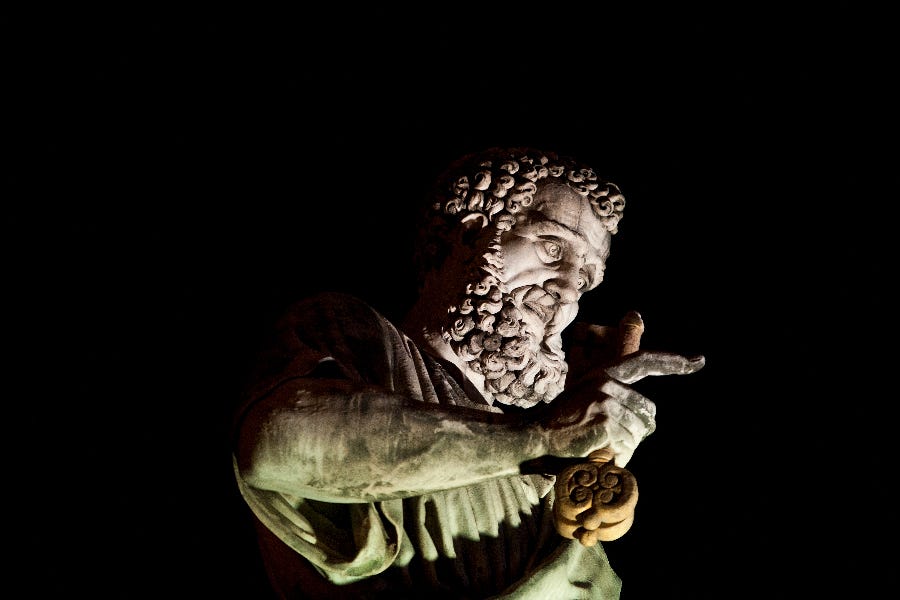‘Fiducia supplicans’: Who’s saying what?
How Catholics - and bishops - have responded to a Vatican statement on blessings
Reactions are emerging around the world to Monday’s declaration from the Vatican’s doctrine office on “the possibility of blessing couples in irregular situations and same-sex couples.”
The 5,000-word document Fiducia supplicans caused immediate controversy when it was issu…

